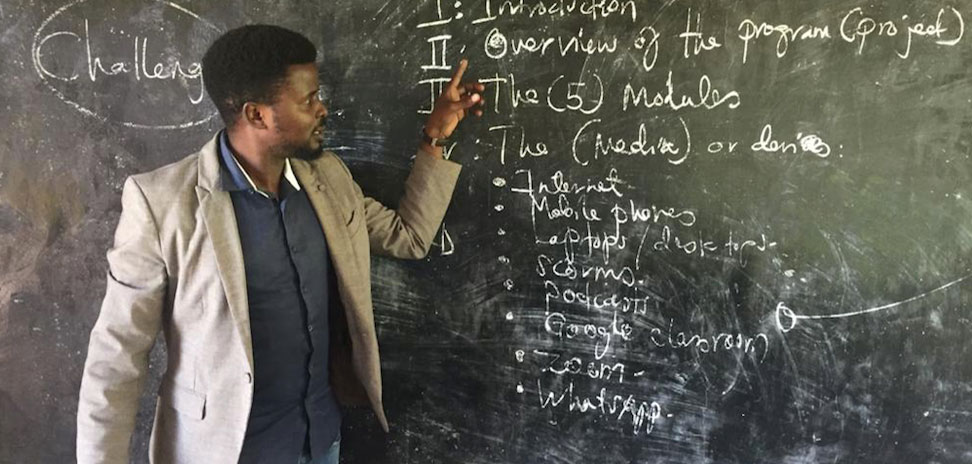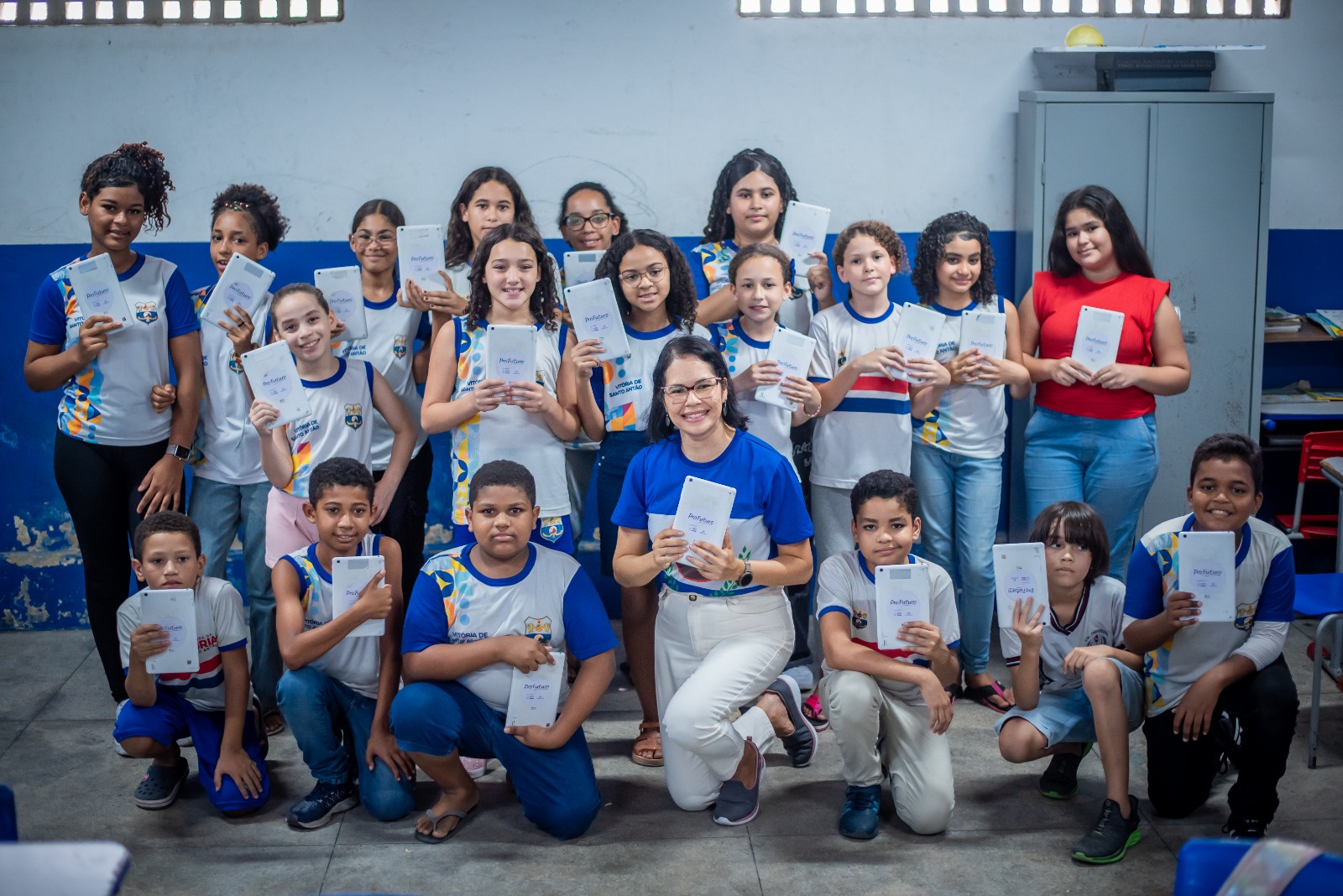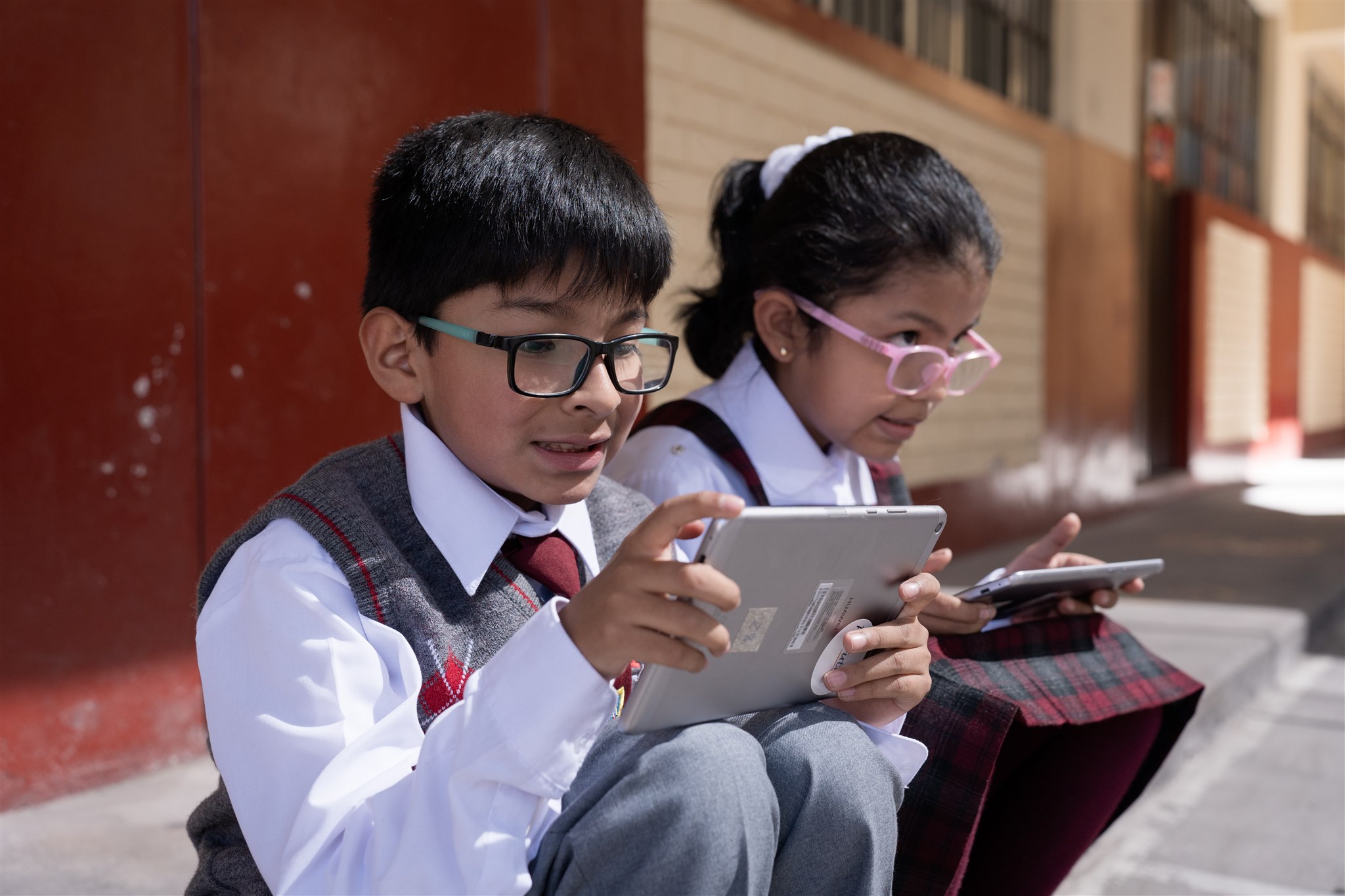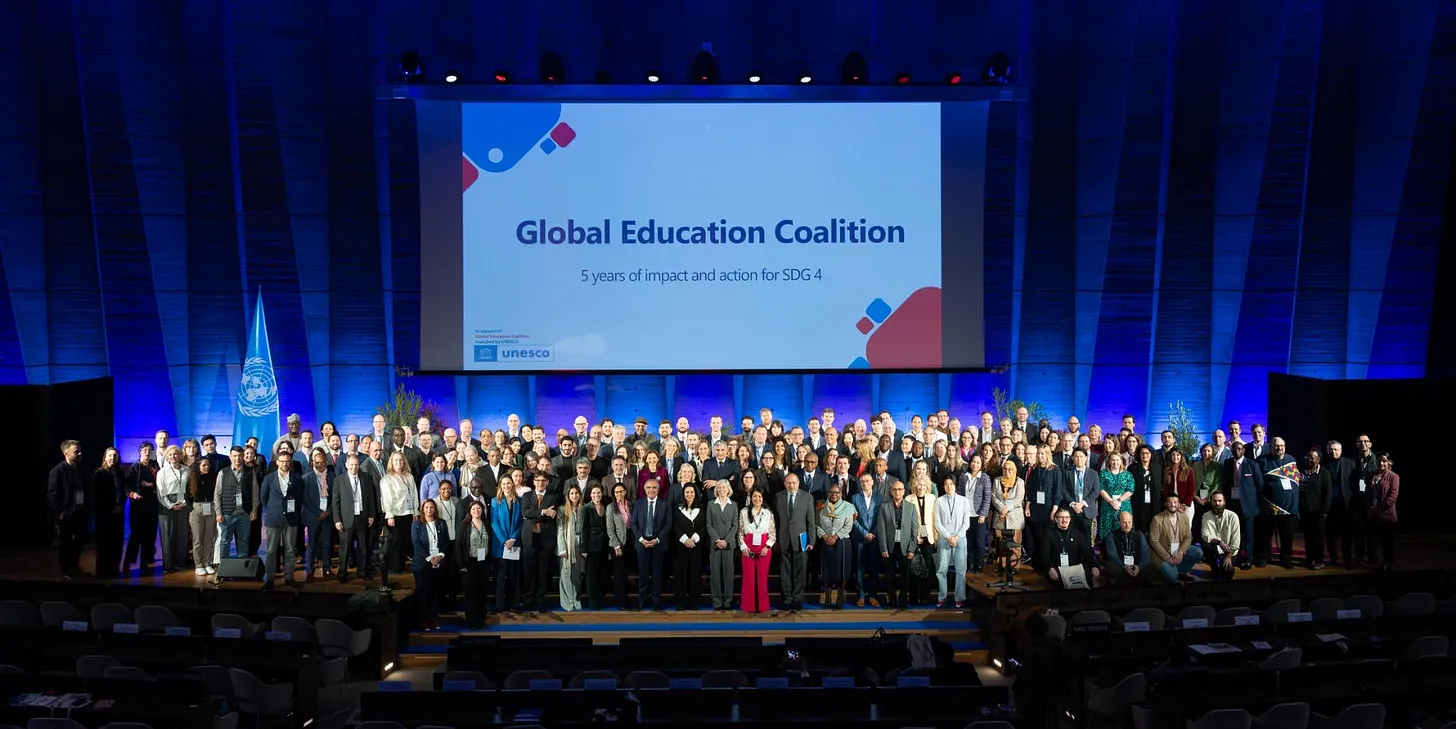To implement the project in the field, we collaborate with three local organisations: Teach for Liberia, Teach for Nigeria and Teach for Tanzania, entities that, like Empieza por Educar, belong to the Teach for All global network. These organisations have considerable experience in these countries, and they have access to vulnerable education centres, in addition to a broad network of contacts.
A shared model: the methodology
Teach For Nigeria, Teach For Liberia and Teach For Tanzania will select some of the most talented graduates with the greatest social commitment in the respective countries, who we will be trained in teaching and educational skills, in social leadership and digital skills, converting them into agents of change in their education community. These teachers will lead the “train the trainer” training of the teaching staff at their schools, thereby ensuring a long-term impact on the lives of thousands of children through education.
The training will be eminently practical and interactive, based on the best educational practices, and it will be given based on printed and digital materials, including presentations, video lessons, lectures and practical exercises. Moreover, teachers will have a collaborative space where they will be able to exchange good practices and foster support among peers to multiply their learning.
The methodology is based on the teacher training and attraction programme designed and tested by the Teach For All global network, to which Empieza por Educar and the three local entities belong. It is also based on the Digital Education Framework being implemented by ProFuturo, whose programme is focused on teachers as activators of learning and on their training on educational innovation, leadership, communication and classroom planning.
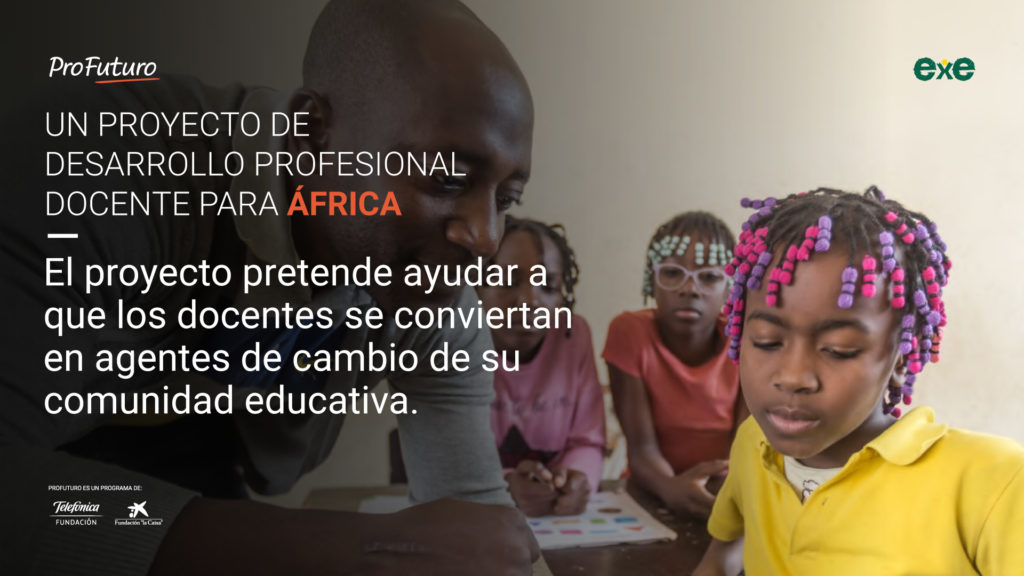
Connecting the desconnected
At a key moment in the creation and final definition of the project, an unexpected circumstance arose: the COVID-19 pandemic and the closure of schools. This meant that the project implementation strategy had to be rethought, which initially contemplated on-site training using both printed and digital materials.
To overcome this difficulty and avoid leaving teachers behind due to not having an Internet connection or electronic devices – something common in some rural areas of Africa – we designed complementary didactic content and platforms.
- At places where there is an Internet connection, training takes place through online classes, videoconferences and communities of virtual learning through applications and social networks.
- If connectivity is limited, the downloading of training materials, podcasts and other content is facilitated so that teachers can, on their own, learn directly on their electronic devices.
- In cases in which teachers do not have an Internet connection and do not have a computer or mobile phone, they receive printed materials.
In all cases, the lessons can be followed through podcasts that are recorded and broadcast by radio.



